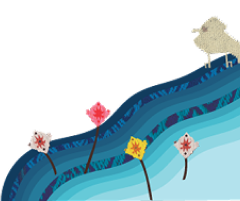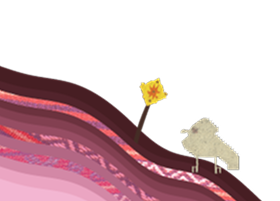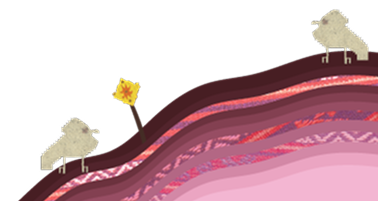Bali Honey Madu Murni Premium Honey Stick 10 x 12 gram
Net Weight: 120 gram
Material Content: Madu Murni
Variant / Flavor: Multiflora, Mente, Kaliandra, Akasia, Randu, Karet, Kopi, Mangga, Rambutan, Sangket, Kosambi
Bali Honey is pure raw honey straight from our family’s own bee colonies. Our bees live in clean, healthy environments, at least 5 km away from roads and pollution, so they only collect nectar from flowers that grow naturally—no chemicals, no GMOs, ever.
We harvest the honey only when it’s fully ripe, based on the Indonesian National Standard (SNI 8664:2018). For our SUPER GRADE-A honey, we go even further, collecting it with a max moisture content of 21% to ensure top quality. Right after harvesting, the honey goes straight into our storage—completely raw and untouched. No micro-filtration, no pasteurization, no dehumidifying. Just pure, natural honey with all its original flavor, aroma, and health benefits. We’re serious about quality. Bali Honey is certified by the Indonesian Health Department (P-IRT), Halal by BPJPH, HACCP certified, and is possibly the only Indonesian small-batch honey brand with ISO 9001:2015 certification.
Comes in a 150g glass jar with a variety of floral sources to choose from: Wildflowers, Cashew, Calliandra, Acacia, Kapok Tree, Rubber Tree, Coffee, Mango, Rambutan, Sangket and Kosambi.
Bali Honey Premium Honey Stick is a favorite among kids and a healthy choice for daily consumption.
Made from a blend of nectar from 5 different flowers — Acacia, Cashew, Rambutan, Coffee, and Kapok (Randu) — this honey is perfect as a natural sweetener for tea, juices, and more. It’s convenient, mess-free, and great for travel or lunchboxes. Each box contains 10 sachets, with 12 grams of pure honey in every stick.
MSME Profile
Our bee colonies play an important role in helping pollinate the flowers of farmers' plants, resulting in a significant increase in fruit production. Village youths help keep our bees then we share the honey harvest. We continue to establish this mutualist symbiosis in many areas. We train village youths to start raising their own bees. It also trains forest honey hunters to comply with sustainable harvesting patterns so they can produce more honey with better quality and packaging. These role models then share their success with other youth so that the rural economy improves and the bee ecosystem is maintained


 Menu Website
Menu Website









 balihoney_
balihoney_
 BALI.HONEY.OFFICIAL
BALI.HONEY.OFFICIAL
 Whatsapp
Whatsapp
 http://balihoney.com
http://balihoney.com

